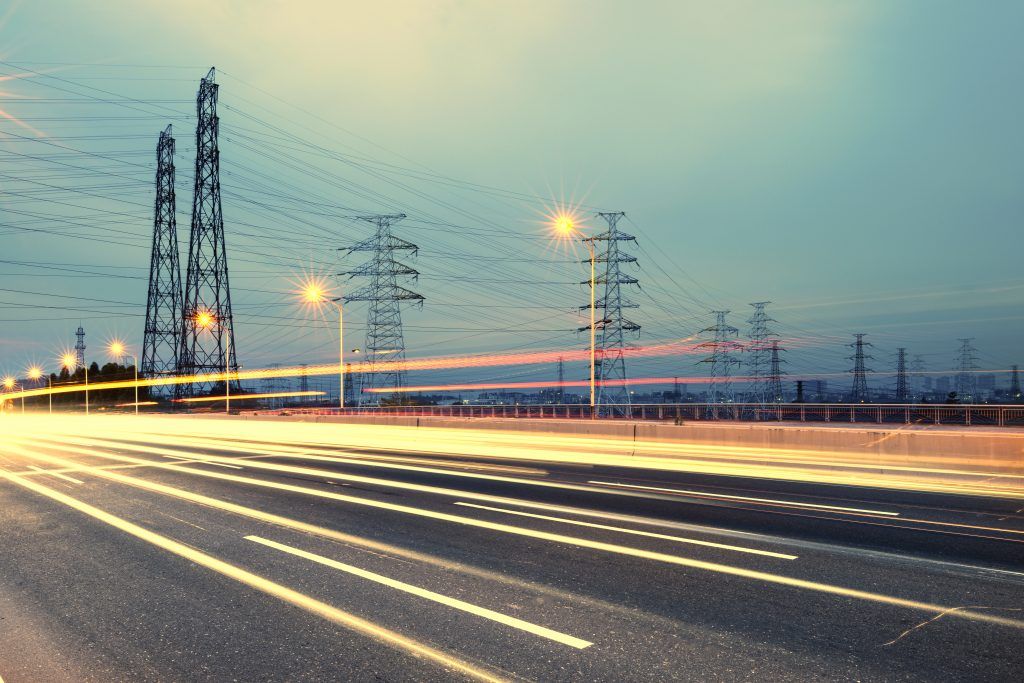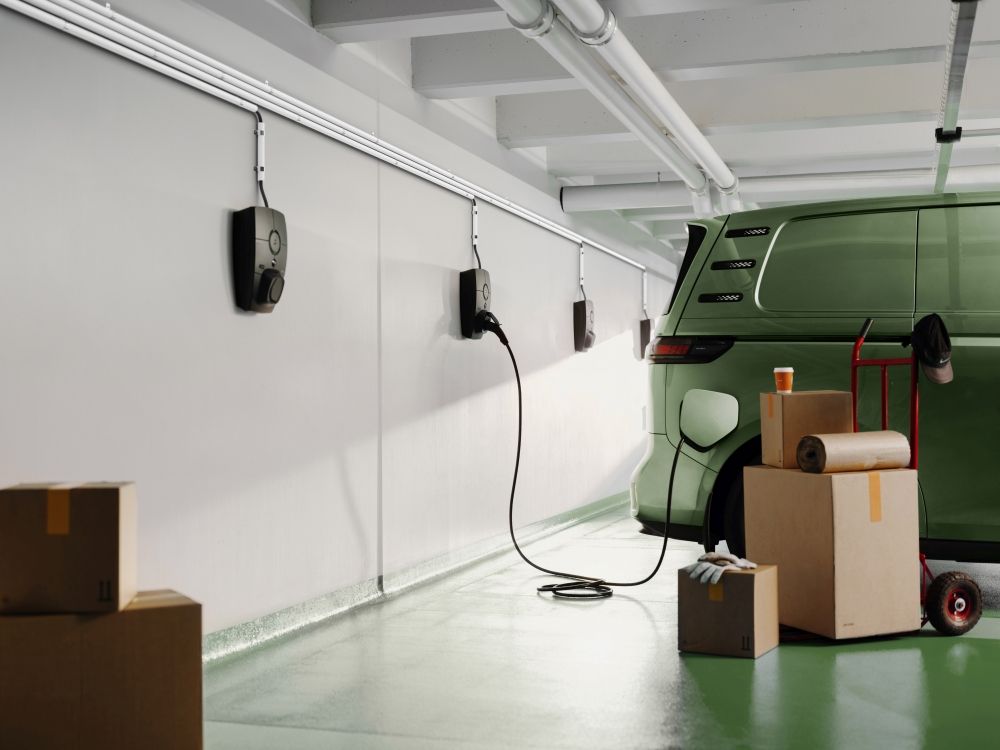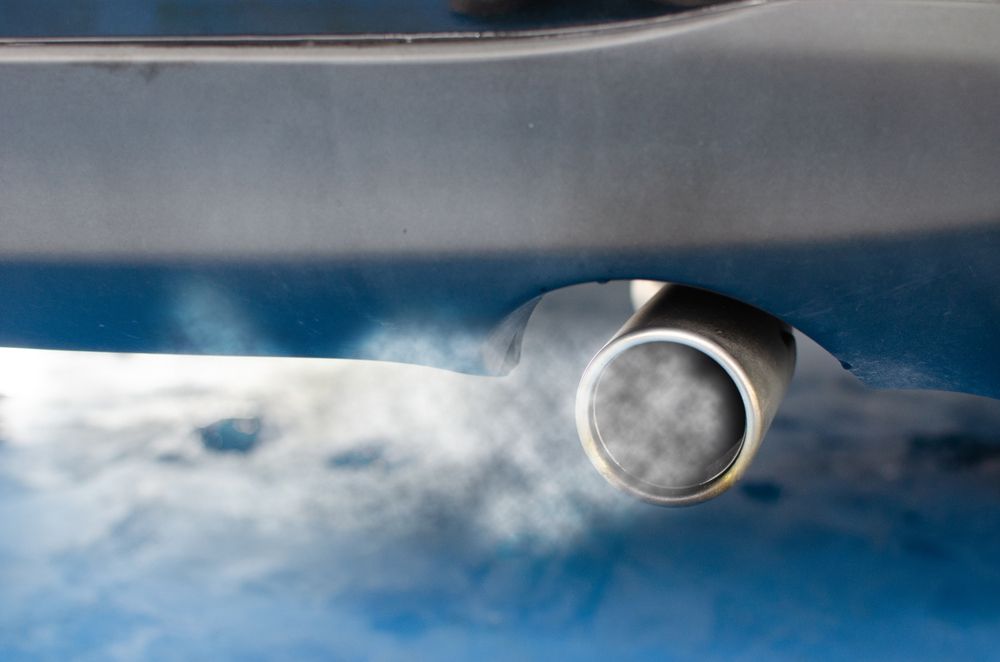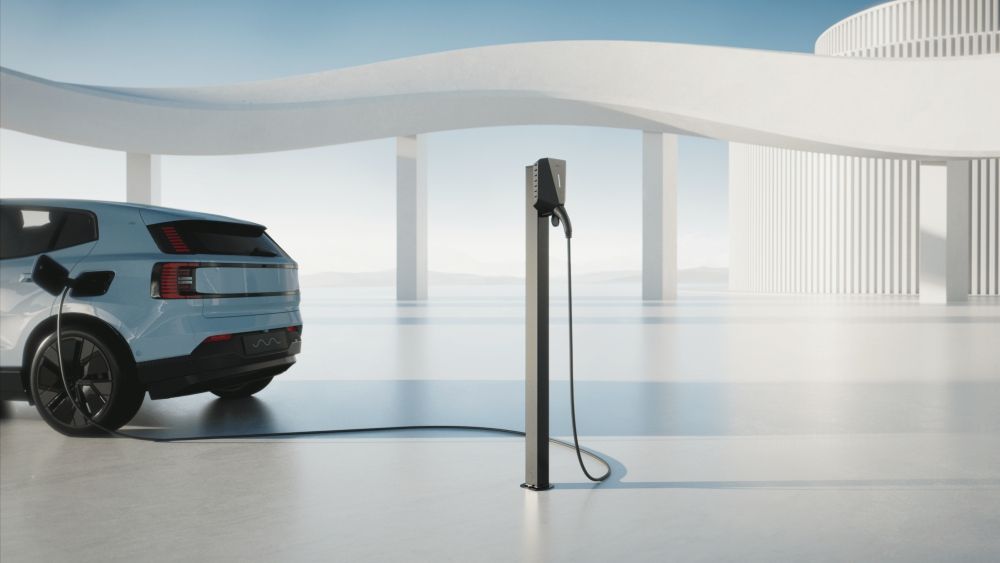The government has published its long-awaited Heat and Buildings Strategy which aims to reduce household heating and buildings emissions, and includes an additional £65m to help manage increased demands on the UK’s electricity system.
Included in the strategy are plans for £5,000 grants to allow people to install home heat pumps and other low-carbon boiler replacements, with £450m committed towards grants to replace boilers, with a pledge that heat pumps should cost no more than boilers to install or run.
More widely, the heat and buildings strategy contains a commitment to funding totalling £3.9bn to decarbonise buildings and how they are heated, with a confirmed 2035 target for all new heating systems in UK homes to be energy-efficient.
Kwasi Kwarteng MP, said: “Recent gas price rises have highlighted the need to double down on our efforts to reduce Britain’s reliance on fossil fuels and move away from gas boilers over the coming decade. As the technology improves and costs plummet over the next decade, we expect low-carbon heating systems will become the obvious, affordable choice for consumers.”
The government has also announced a further £65 million for the Flexibility Innovation Programme which will deliver funding for a range of innovative projects that will help manage increased demands on the UK’s electricity system.
The Energy Networks Association (ENA) responded to the Heat and Buildings Strategy publication, with David Smith, Chief Executive at Energy Networks Association which represents Great Britain’s energy networks, saying: “Decarbonising heat is a tough nut to crack, but heat pumps and other low carbon technology like it will be key. This plan from government sets the country on the path to a greener future.
“Central to delivering these plans, and impossible without them, are our energy networks which provide the backbone for keeping Britain’s energy flowing. We are unlocking choice for customers by preparing gas pipes for hydrogen and the electricity grid for more electric vehicles, heat pumps, wind and renewable power.”
“The UK’s networks are world-leaders in flexibility. Simply put, flexibility is about changing where or when electricity is consumed or generated, levelling out peaks in demand as we move to a greener future. Heat pumps, when paired with storage or well-insulated homes, can be a key source of this flexibility. The additional funding for innovation will help us deliver this – and Net Zero – while keeping costs as low as possible.”
Image: Shutterstock












